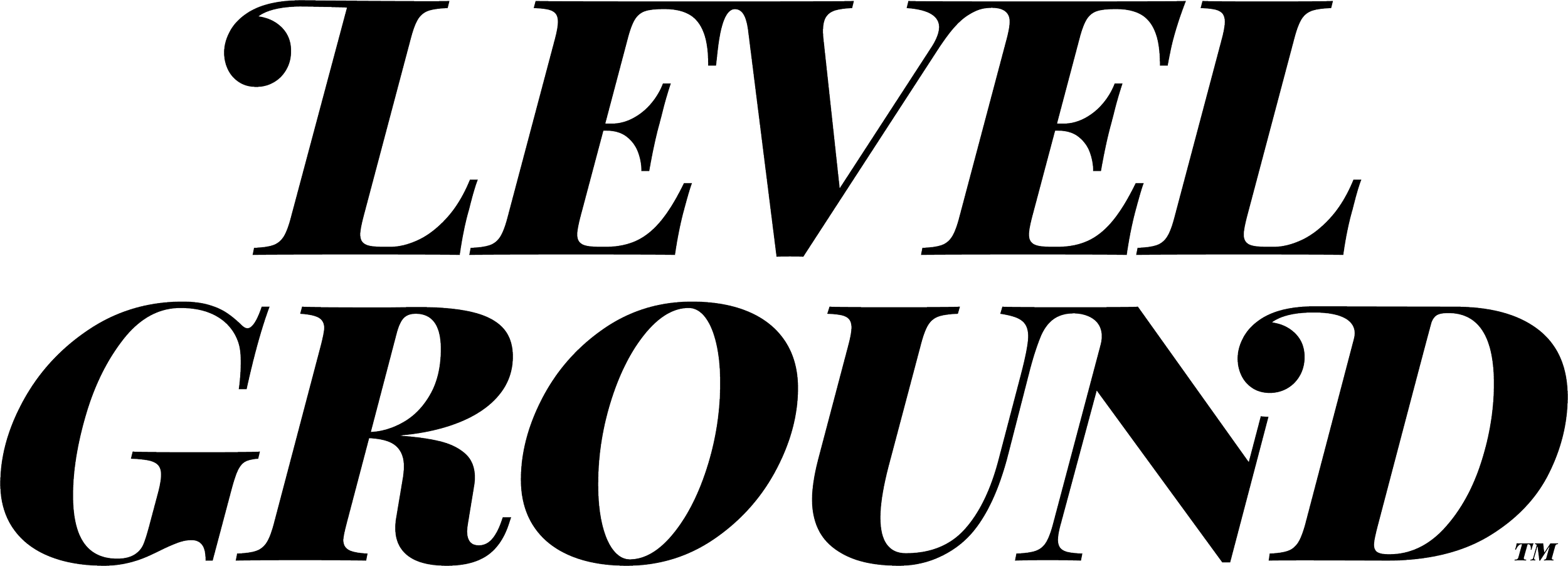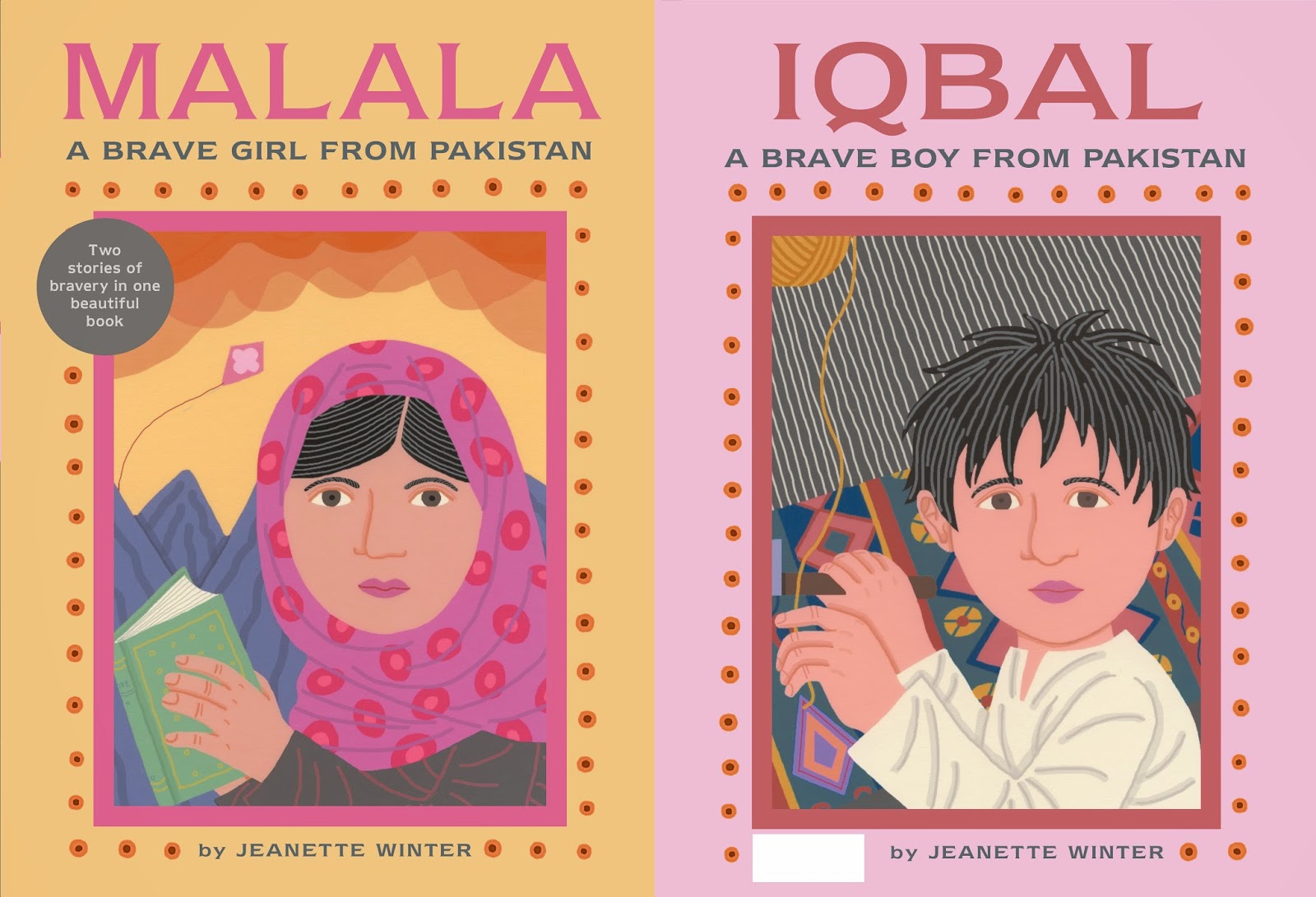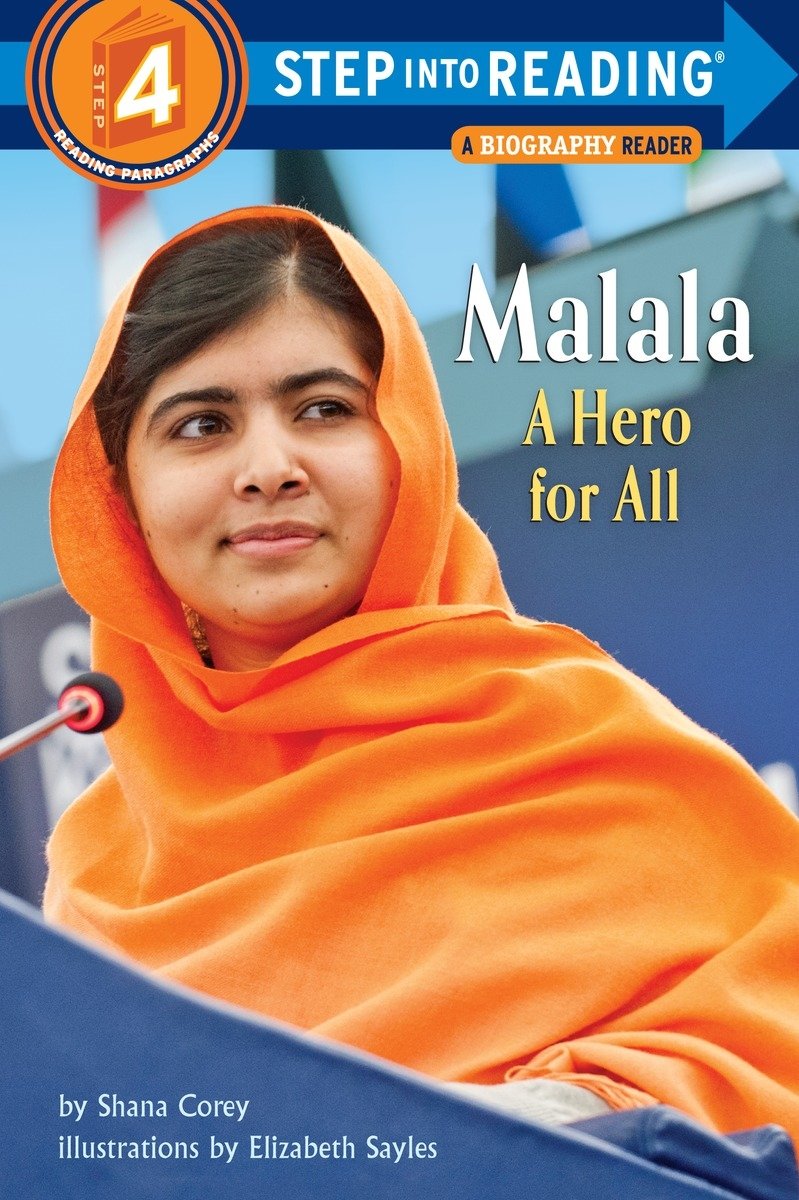Raising Kids Who Aren't Assholes: Five Resources for International Day of Women
Nobel Peace Prize winner Malala Yousafzai in 2014. Photo courtesy Southbank Centre. Photo used under CC by 2.0.
Welcome to Raising Kids Who Aren't Assholes.
You may notice that this monthly resource guide used to go by a different name. After feedback from our writers, we've changed the name to something less problematic. You can read more about the change here.
Shannon, her husband, and their six children.
On our SKEW team, I’m the lone parent in the bunch, but with six children, I have enough kids for all of us, right? Mine are all between the ages of 6 and 11 as I write this. Before they came along, I taught middle school writing for a few years in Texas and high school for one year here in North Carolina. Around every notable holiday, especially those tied to a civil rights movement, I see friends’ posting on social media:
In January: What are good books or movies about MLK Jr?
Around April 2, Autism Awareness Day: how can I introduce autism to my neurotypical kids?
In June for Pride Month: What about LGBT friendly or introductory books?
Other times the questions aren’t tied to the calendar as parents ask for tips on talking about sex; guidance on how to discuss visible disabilities; explaining the Black Lives Matter movement; or helping kids navigate through bullying.
All of us are hungry for resources, especially if you’re like me and didn’t talk about these topics with your parents when you were a kid. It’s not just parents, either; if you’re a teacher, grandparent, older sibling, or neighbor, these are questions worth considering. Every month, I’ll choose a topic and offer a handful of suggested resources, sometimes based on the calendar and sometimes chosen for some other reason. We’re all in process. I’m learning along with you, and none of us are experts. So let’s figure this out together, for the sake of the generation.
Disclaimer: Some links below are affiliate links. A portion of purchases will come back to me and help fund future resources I’m exploring for reviews here.
International Women’s Day is March 8, and in the USA, the entire month of March is Women’s History Month.
While I could direct you to a variety of resources–like going to see A Wrinkle in Time in the theaters as it releases this month or renting Queen of Katwe or Bend It Like Beckham, all movies centering strong women, and discussing those themes afterward–one story came to mind immediately: Malala Yousafzai, the youngest Nobel Prize winner.
I wasn’t winning any parenting awards when I first introduced the story of Malala to my firstborn, Jocie, then five years old. She was whining about having to go to school, emulating something she saw on TV. Jocie loved school. I wanted to shut down this act as quickly as I could. So I did what any kindergarten parent would, responding, “Let me tell you about Malala, a girl who bravely went to school in Pakistan.”
You might expect that I softened the story, given Jocie’s age. You’d be wrong. “School is a privilege. Around the world, many kids aren’t allowed to go to school, especially girls. And Malala? People who didn’t like a girl going to school threatened to kill her, and one person shot her in the head. So I don’t want to hear you complain about school, when you have freedoms in education as a girl here.”
While I wouldn’t recommend this strategy, I do think the story of Malala should be taught to all children, introducing them to the story of another child, a girl who persisted in education and now a young woman who is opening new doors for women around the globe. Here's some resources for you to do just that:
1. Malala’s Magic Pencil by Malala Yousafzai
This picture book, made to be read aloud for younger ones (preschooler or older), is a good starting place. Written by Malala herself, the only mention of the shooting is, “My voice became so powerful that the dangerous men tried to silence me. But they failed.” Overall, the story introduces kids to Malala and to the idea that they too can make a difference in the world through written and spoken word.
2. Malala, a Brave Girl from Pakistan/Iqbal, a Brave Boy from Pakistan: Two Stories of Bravery by Jeanette Winter
This book, geared toward first through fifth graders, is a two-for-one classic. One half of the book tells the story of Malala truthfully and with strong illustrations, including one line about her getting shot. The focus overall, though, is her bravery as a model for other children. Then, if you flip the book over, the story of Iqbal, also from Pakistan, is presented in similar fashion to Malala’s biography. One major difference is that when he was shot at age 12, after surviving and speaking out against abusive child labor practices, he died. The text in the book says, “Ibqal lives free. Until the day a bullet takes his life as he rides his bicycle.” Both stories are powerful for kids and adults alike. My oldest child shared this book with her fifth grade class last week, as they were studying Iqbal.
3. Dear Malala, We Stand with You by Rosemary McCarney
This book for mature kindergarteners to sixth graders uses quotes from girls around the world, to show support and join Malala in calling others to action. The photographs of girls through the book present bold imagery of child weddings, poverty, and discrimination, but the overall message is one of hope. Her shooting is described, but only in two sentences in the main texts and three sentences in the excerpts from Malala’s Nobel Prize acceptance speech.
4. Malala: A Hero for All by Shana Corey
This book is part of the Step Into Reading series, and as a Step 4 book, it is meant for grades two to three, or newly independent readers who are beginning to read longer complex sentences. With a mix of illustrations and pictures, the story is laid out simply with one sentence about her being shot. Nothing is so detailed or graphic that an adult should be reading along.
5. I Am Malala: Young Readers Edition by Malala Yousafzai, with Patricia McCormick
Malala’s biography I Am Malala is recrafted for children to read, aimed for late elementary to early high school readers. But this is no lightweight text. The original is 398 pages while this young readers is addition is only trimmed to 256 pages. This is her story, in her words, told with her matter-of-fact attitude and courageous spirit.
Bonus: Shaking Things Up: 14 Young Women who Changed the World by Susan Hood was released less than two months ago. Malala’s story, the last of the fourteen stories in the book, caps off a must-read book of both history and poetry.
I didn’t include a few other books in my list, not because they’re bad but simply because they’re not my favorites: Malala Yousafzai: Warrior with Words, For the Right to Learn: Malala Yousafzai’s Story, and Malala: Activist for Girls’ Education.
Jocie, age 11, also screened the PG-13 documentary movie, He Named Me Malala, and found it age appropriate for mature kids age eight and older. Jocie recommends that younger kids be introduced to Malala using one of the five books above first, though, because parts to the movie might seem slow and boring to them otherwise.






